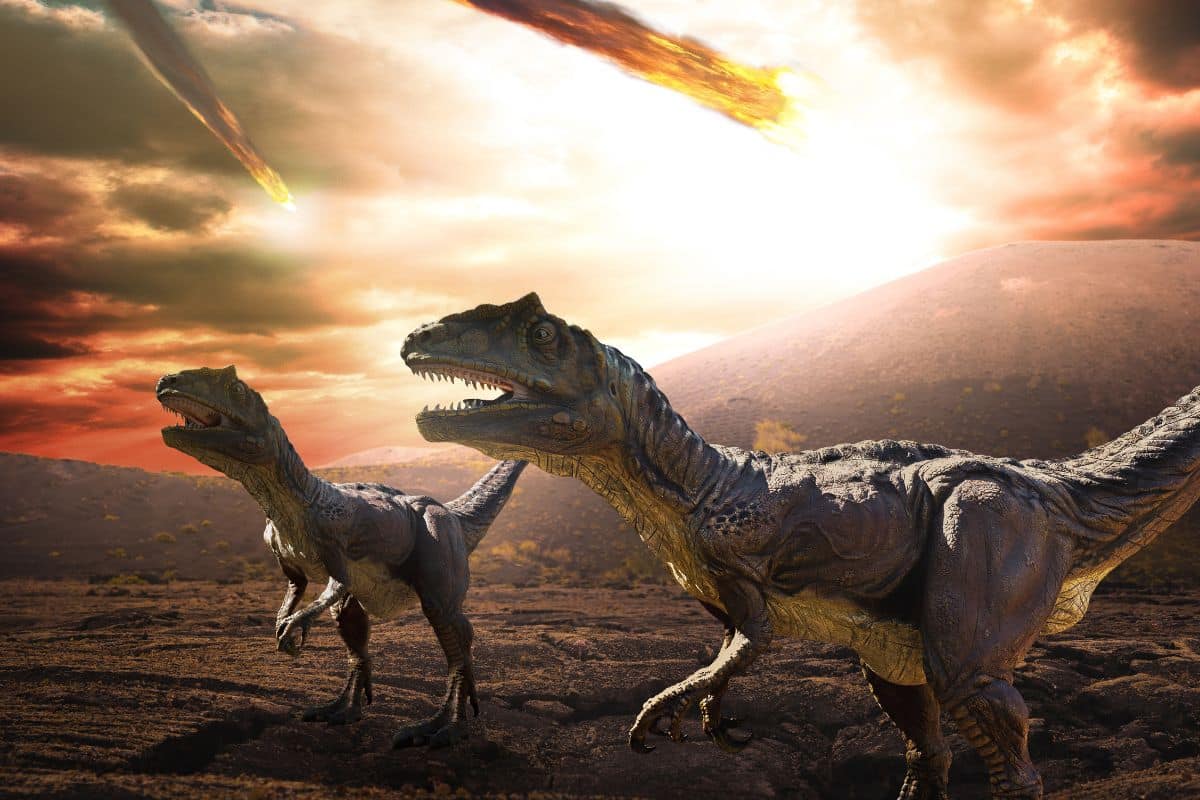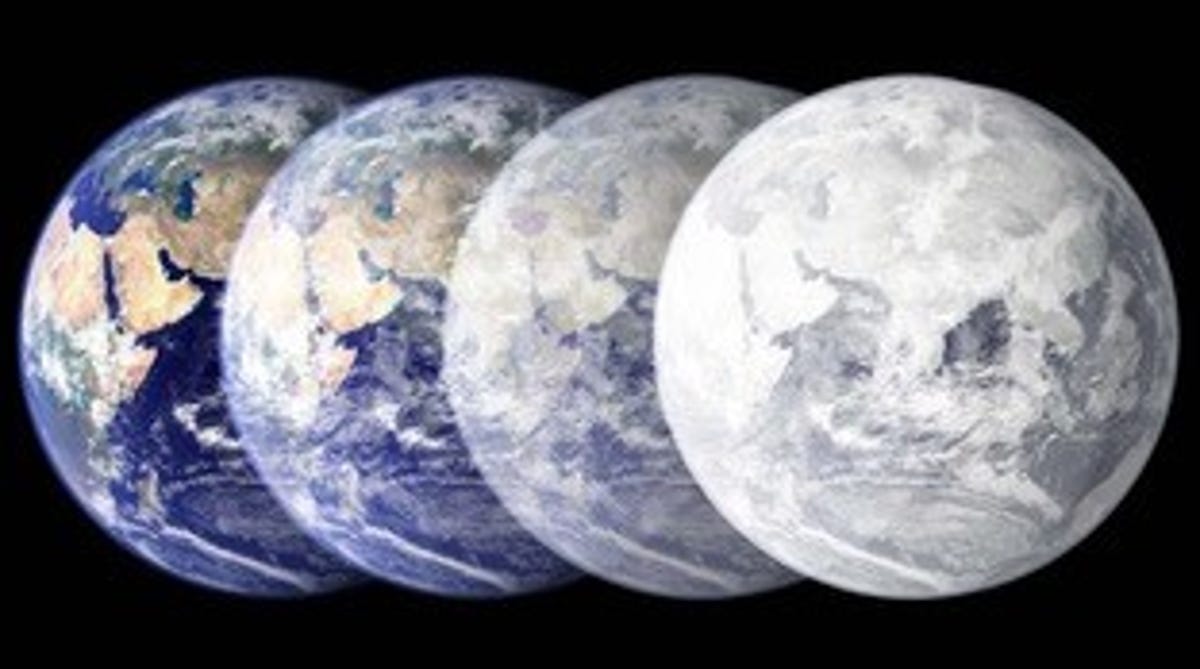
Approximately 66 million years ago, a devastating asteroid collision led to the extinction of 75% of Earth’s species, marking a sudden end to the era of nonavian dinosaurs. This enormous 9-mile-wide (15 km) asteroid struck what is now known as Mexico, igniting firestorms, acid rainfall, and initiating a global winter that dramatically altered the planet’s ecosystem.
But imagine a scenario where this asteroid had not impacted Earth. Could dinosaurs have survived, evolved, and transformed into advanced, intelligent beings? And how would the evolution of mammals—our distant ancestors—have unfolded in a world still largely governed by dinosaurs?
Would Dinosaurs Have Sustained Their Dominance?
Having thrived for an impressive 165 million years, dinosaurs successfully navigated through various environmental challenges such as fluctuating sea levels, volcanic eruptions, and climate changes. Some paleontologists suggest that, had the asteroid impact never occurred, these remarkable creatures might have continued to evolve, shaping the Earth’s biosphere in unimaginable ways.
Paleontologist Steve Brusatte from the University of Edinburgh contends that dinosaurs were at their pinnacle just before the catastrophe. Fossil records indicate their remarkable diversity and adaptability, with species thriving across a variety of habitats.
However, some experts argue that the extinction rates of dinosaurs were already increasing leading up to the impact.
Could Dinosaurs Have Endured An Ice Age?
One significant challenge for dinosaurs would have been shifts in climate. While we often visualize dinosaurs in warm, lush environments, certain species were already inhabiting colder, snow-laden regions. Some even had feathers, potentially providing insulation similar to that of contemporary birds and mammals.
This adaptability raises an intriguing question: could dinosaurs have survived a glacial period? Research suggests that some species might have. Dinosaurs exhibiting warm-blooded characteristics, like the Tyrannosaurus rex, could have been better equipped to withstand extreme cold, much like mammoths, which developed thick fur during the previous ice age.
If dinosaurs had survived, they may have undergone new adaptations to face harsher conditions. Similar to how mammals evolved thick fur and fat stores for cold climates, dinosaurs might have embarked on a comparable evolutionary journey.
Would Dinosaurs Have Gained Intelligence?
A pivotal question within paleontology is whether dinosaurs could have developed intelligence akin to humans. One fascinating hypothesis comes from paleontologist Dale Russell, who speculated that should specific dinosaurs have continued to evolve, they might have achieved greater cognitive skills.
Russell’s theory centered around the Troodon, a small, bird-like dinosaur with a sizable brain, excellent vision, and grasping digits. His thought experiment envisioned a “dinosauroid”—a bipedal, humanoid reptile that could potentially develop advanced intelligence over time.
Nevertheless, many paleontologists remain skeptical. A 2023 study concluded that dinosaurs did not possess the brain structures necessary to evolve primate-level intelligence. The research determined, “Neither Troodon nor any other dinosaur could have initiated a lineage that achieved human-like intelligence.”
What Might Have Happened to Mammals?
Paleontologist Paul Sereno from the University of Chicago strongly echoes this sentiment. “We evolved in a mammalian world that would have been impossible with large nonavian dinosaurs dominating,” he stated. “Our existence is not a given.”
This implies that if dinosaurs had persisted, primates might never have ascended to prominence, and the conditions necessary for human evolution could have never materialized. A 2021 study supported this notion, asserting that the extinction of terrestrial dinosaurs permitted the flourishing and evolution of primates into the species we recognize today.
A World With No Humans?
If the asteroid had avoided Earth, our present-day world would be drastically different. Dinosaurs might have adapted to the evolving climate, diversified into new forms, and continued their reign for millions of additional years. Meanwhile, mammals could have remained small and underappreciated, never leading to the emergence of large-brained species such as apes, dolphins, or humans.
As Brusatte aptly observes, “The course of history would have shifted entirely. Our exact ancestors likely would never have had the opportunity to evolve.”
In an alternative reality where dinosaurs continued to thrive, would we have witnessed towering reptilian civilizations? Highly advanced and intelligent dinosaurs? The answers may remain elusive. One fact is undeniable: the impact of the asteroid was a transformative event for life on our planet.









